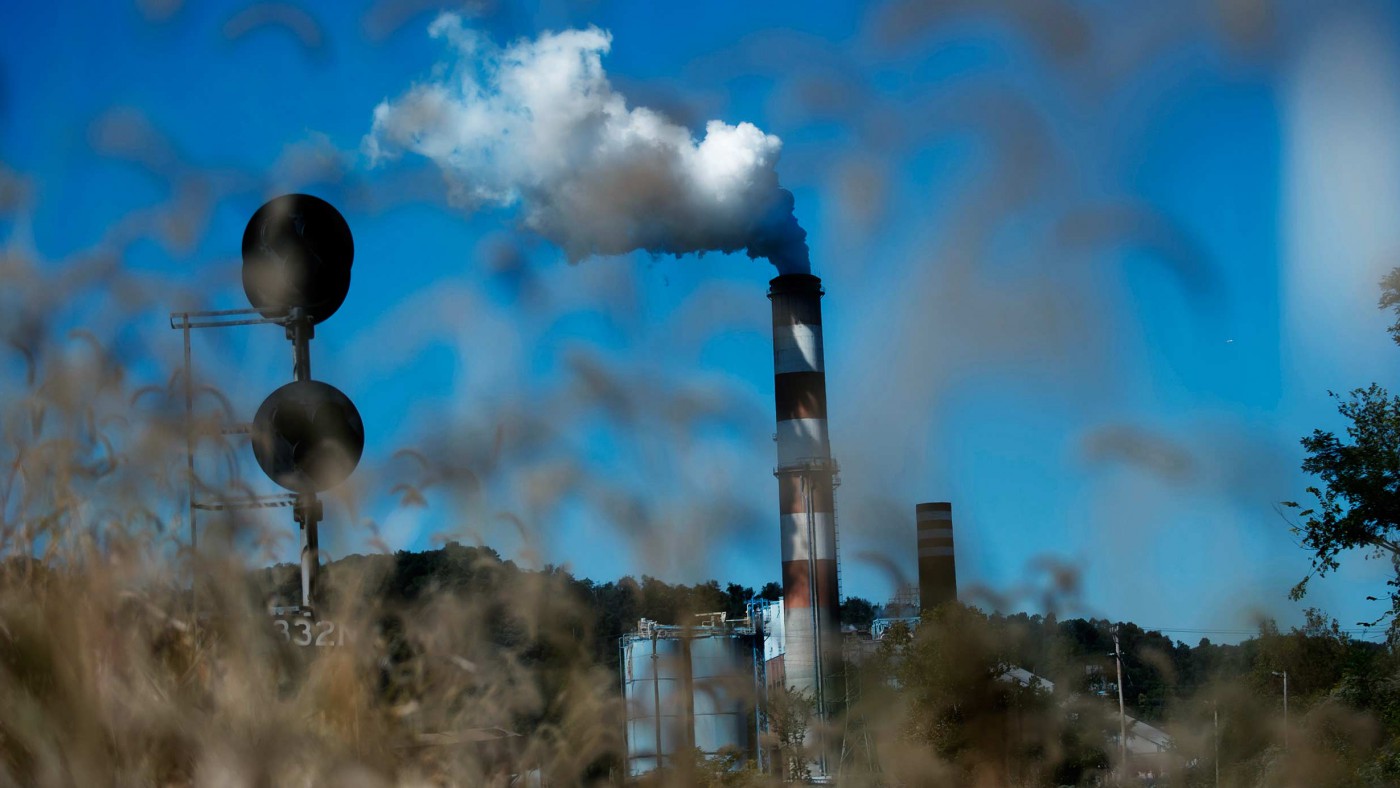The war on coal is hitting Ohioans especially hard these days. Almost at the same time that the Environmental Protection Agency announced its new, stricter emissions rules for power plants, the companies that run those plants are declaring that the costs for these and other recent regulations must be borne by local businesses and individuals.
The EPA has proposed tougher limits on smoke stack emissions from power plants in nearly two dozen states including Florida, Indiana, New York, North Carolina, Texas and Ohio. The new rules concern downwind pollution, and follows a recent federal appeals court ruling from last summer that upheld the regulatory agency’s right to impose stricter clean-air standards on coal-fired plants. The point is to control what airborne pollution may travel across state lines and into neighboring states. “This update will help protect the health and lives of millions of Americans by reducing exposure to ozone pollution, which is linked to serious public health effects including reduced lung function, asthma … and early death from respiratory and cardiovascular causes,” EPA Administrator Gina McCarthy said in a statement.
The burden of the updated rules is already hurting the companies that produce electricity from those plants, and especially American Electric Power Co. and First Energy Corp. both of which are based in Ohio. These two electricity giants now say that since the government has made older coal-fired plants unprofitable to run, customers – both business and residential – should bear the cost of keeping them operating. And these plants do need to keep running since electricity demand inevitably spikes during the year – in the dead of winter and heat of summer especially – so spare power will be needed.
The power companies therefore have proposed that consumers and businesses pay for the cost of operating the plants that the Obama administration has made so expensive. Not the first time a business has taken a government rules and passed compliance on to its customers.
Big electricity users like Wal-Mart Stores, Inc. as well as consumer rights advocates and environmental groups argue that the electricity producers’ plan is unnecessary and have ask the state regulator, Ohio’s Public Utility Commission, to reject the two companies’ request. State regulators are expected to make a decision by March.
The companies admit that this is a period of transition in the industry, which points to the larger challenge posed by Obama administration dogma against coal, and the cost of transitioning to cleaner natural gas. According to AEP chief executive Nick Akins, the move to natural gas is the reason they need help paying for the extra capacity now. The company already closed two coal plants. “You’re looking for state backup to support these units [older coal-fired plants] running for a period of time until you can make the transition,” Akins explained. For First Energy the problem is that the older plants are so expensive that passing the costs on to consumers is the only way to keep them working. “We wouldn’t have proposed something like this if they weren’t at some degree of risk,” said Bill Ridmann, vice president at First Energy.
One consumer group estimates that if the companies’ plan is approved it will cost customers $3 billion over 15 years. The companies respond that transitioning to more efficient power generation – natural gas – is going to make electricity cheaper in the long run. As an independent regulatory agency staffed by unelected bureaucrats, what the EPA never has to answer for is the negative impact of their rules on business and consumers.


